The Project
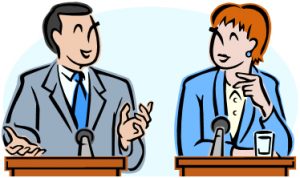 Disagreement is an essential feature of public discourse in a free and pluralistic society. However, the way in which citizens today typically deal with disagreement is a cause for concern. The forces of partisanship have become so rampant in both public political discourse and civil society that average citizens rarely feel the need to question their deeply held political opinions. Moreover, technological changes have increased ideological segregation, making citizens less likely to encounter real-life situations in which such efforts are useful and important. This situation stands in stark contrast to a democratic ideal in which citizens disagree in ways that are civil, humble, respectful, constructive, and that show a willingness to understand and charitably engage with one another’s point of view.
Disagreement is an essential feature of public discourse in a free and pluralistic society. However, the way in which citizens today typically deal with disagreement is a cause for concern. The forces of partisanship have become so rampant in both public political discourse and civil society that average citizens rarely feel the need to question their deeply held political opinions. Moreover, technological changes have increased ideological segregation, making citizens less likely to encounter real-life situations in which such efforts are useful and important. This situation stands in stark contrast to a democratic ideal in which citizens disagree in ways that are civil, humble, respectful, constructive, and that show a willingness to understand and charitably engage with one another’s point of view.
This project examines the roles of knowledge, reasoning, intellectual charity, and public discourse in a democratic society. The project is open-ended but currently centered on the following questions, some of which are empirical:
- Intellectual Duties: Do citizens have certain intellectual duties or responsibilities, particularly in the context of public political discourse? If so, might these include duties of intellectual charity, that is, duties to strive towards various forms of mutual understanding that are essential both to relations of respect and for successful public deliberation? What is epistemic injustice and how should it be overcome?
- Disagreement: What is the right response to disagreement (particularly over fundamental moral, political, and broadly philosophical matters)? Is it possible to retain one’s deep commitments while being appropriately intellectually humble? Should we give more weight to disagreements with our ‘epistemic peers’, and how should peerhood be determined? What about those who are epistemically better than our peers? What role should expert opinions play in public discourse within a representative democracy?
- Educating with Humility: Public discourse can be enhanced or undermined by citizens’ educational experiences. In class, students display intellectual vices of both deficiency and excess. Some are overconfident in their opinions, overly keen to disagree and remain steadfast in response to disagreement. By contrast, others are under-confident in their opinions, timid about asking questions, and overly conciliatory in the face of disagreement. How can we educate (undergraduate and/or high-school) students in ways that provide them with an appropriately humble sense of their skills and capacities as well as humility regarding their factual beliefs? And what role might philosophy courses in particular play in this effort?
People
- Adam Etinson (St Andrews Philosophy)
- Ben Sachs-Cobbe (St Andrews Philosophy)
- Jessica Brown (St Andrews Philosophy)
- Brian Weatherson (Michigan Philosophy)
- Rowan Cruft (Stirling Philosophy)
- Ben Colburn (Glasgow Philosophy)
- Justin Snedegar (St Andrews Philosophy)
- Tony Lang (St Andrews International Relations)
- Theron Pummer (St Andrews Philosophy)
Special Events
- Workshop on Epistemic Breakthroughs (St. Andrews, June 2021)
Annual Events
- The Ethics Cup: A tournament in which teams of high school students match wits with each other discussing ethical issues of public concern. It’s not a debating competition and isn’t won by proving the opposing side wrong. Rather, it’s a collaborative discussion, and the team that best displays the virtues of insightfulness, thoughtfulness and civility takes home the ultimate prize, the cup itself!
Recent Developments and Plans
Recent Publications:
- Ben Sachs-Cobbe, “The Conservatism Objection to Educating for the Virtues of Citizenship” in Theory and Research in Education (online first)
- Ben Sachs, Contractarianism as a Political Morality
- Adam Etinson: “Some Myths About Ethnocentrism” in Australasian Journal of Philosophy (2017)
- Katherine Hawley: “Trustworthy Groups and Organisations” in New Philosophical Perspectives on Trust, edited by Paul Faulkner and Tom Simpson, forthcoming with OUP.
- Katherine Hawley: “Values, Voting, and Expertise” in Psychology Today (2016).
-
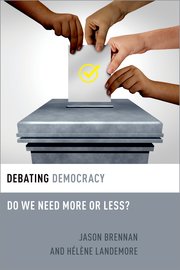
“Is Democracy Doomed?”: Jason Brennan and Hélène Landemore with Alexander Douglas
On 26th April, Alex Douglas will be moderating a live debate between Jason Brennan and Hélène Landemore titled “Is Democracy Doomed?”.
-
Public Distrust and COVID-19 Vaccines: Conspiracy Thinking or Reasonable Doubt?
Katherine Hawley’s recent post at The Stockholm Centre for the Ethics of War and Peace blog.
-
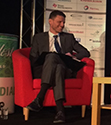
Uncivil society: how the political has become personal in our everyday lives
Ben Sachs recently published this article in The Conversation in connection with his work on Exoplanet Ethics and The John Stuart Mill Cup.
-
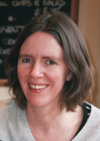
What is the most democratic way to solve the Brexit crisis?
Katherine Hawley is one of ‘the ten thinkers on Brexit’. Please read the article on ‘What is the most democratic way to solve the Brexit crisis?‘
-
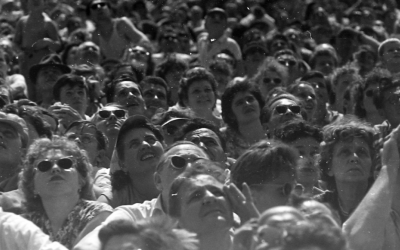
Philosophers on the General Election
Alex Douglas, Katherine Hawley, and other philosophers on the General Election.
-
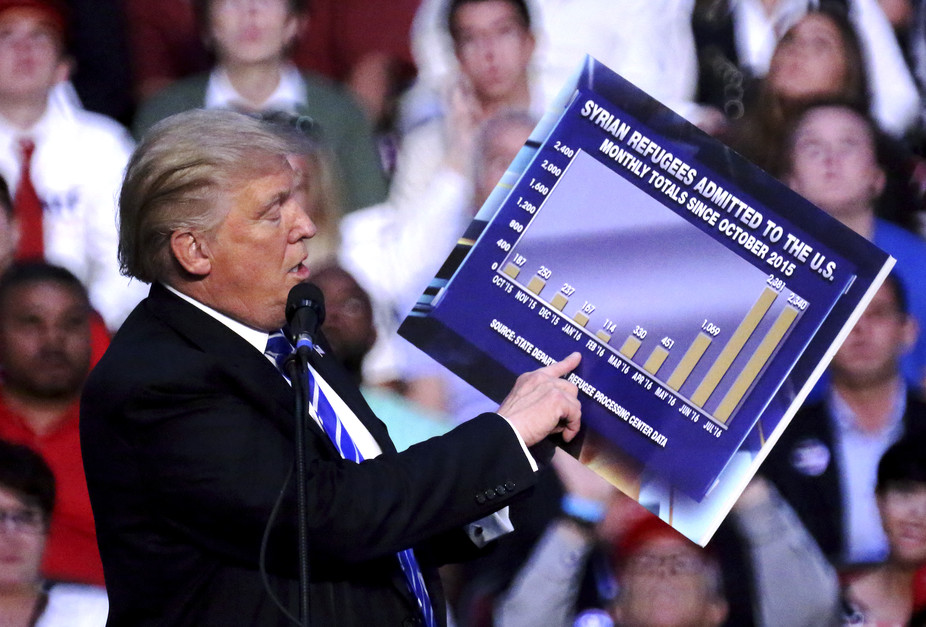
The dirty politics of scapegoating – and why victims are always the harmless, easy targets
Alex Douglas on scapegoating in current politics.
-

Values, Voting, and Expertise
Katherine Hawley asks: How far can we trust experts when we’re deciding how to vote?
